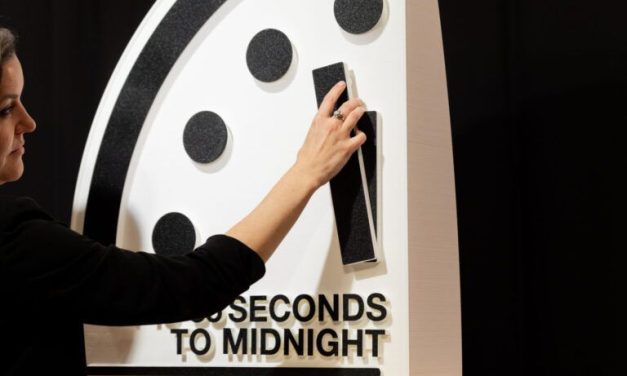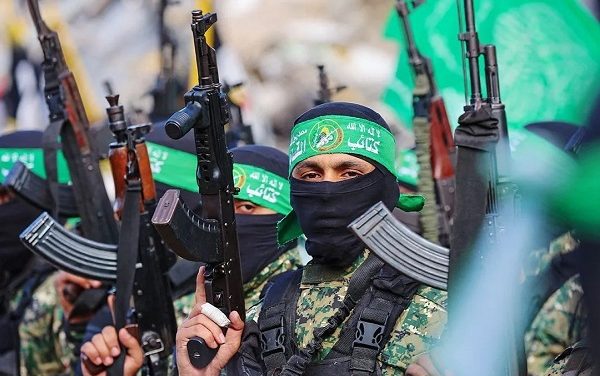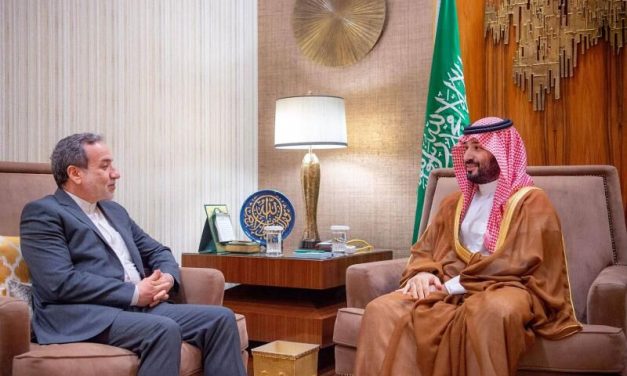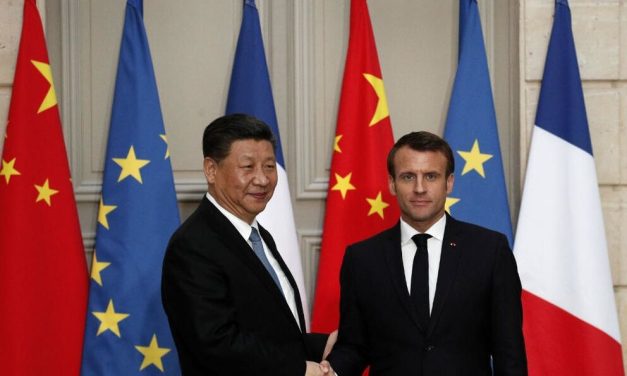Farshad Adel – Executive Secretary of Iran and China Strategic Studies Think Tank
Rutte’s direct reference to China and Russia, as well as these countries’ efforts to develop their military forces to increase international influence, indicates the Western world’s heightened sensitivity to the emergence of new global powers. This is such that America and Europe consider the rise of the Eastern axis a credible and predictable threat for the near future, for which they must prepare to confront as quickly as possible. However, this portrayal of increasing Chinese and Russian power by NATO comes at a time when there are no severe signs of escalating tension between China and Russia, and NATO, and the prospect of conflict between these powers also shows no signs of an imminent full-scale war. Two critical arguments can be made to support this claim:
First, despite Russia’s advance into part of Ukrainian territory and the occupation of areas of this country, Russia today is in a weaker position compared to the pre-war period, and the Ukraine war has practically led to the attrition and depletion of Russia’s capabilities.
The corrosive conflict between Russia and Western powers on Ukrainian soil has continued over the past years, while Europe and the United States have provided full support to Ukraine economically and militarily. On the other hand, except for China’s limited support for Russia, which has never been public, Moscow has not received similar assistance, which has paved the way for Russia’s weakening and has led to the disintegration of parts of Russia’s security environment that were previously a place of widespread influence for the country.
Furthermore, escalating tensions with Azerbaijan, the suspension of Armenia’s membership in the Collective Security Treaty Organization, the prominent US role in resolving the Caucasus conflict, the signing of a security memorandum between Kazakhstan and Britain for military training, and the expansion of European influence in Central Asian countries are all significant examples of Russia’s diminished control over its peripheral security environment. This is a clear indication of the erosion of Russia’s capabilities compared to those of the past. Accordingly, it can be argued that despite Russia’s military advance into part of Ukrainian territory, the war’s attritional nature has effectively become a tool for containing Russia.
The second argument against the likelihood of a NATO conflict with Eastern powers in the near future relates to China. Based on the content of China’s strategic documents, including the “China’s National Security in the New Era” document published in May 2025, China’s security approaches for its international role align with its general policies of “peaceful rise” and avoiding military conflicts and the use of hard power. Based on China’s strategic documents, it can be understood that the country links its security role in the world with the concept of development. Essentially, China’s approach to expanding its influence in various world regions is to foster win-win and multilateral cooperation with developing countries, providing opportunities for economic development. This, ultimately, by creating trade interdependence and extending Chinese value chains to various parts of the world, significantly raises the cost of any military action. From this perspective, maintaining stability across multiple world regions becomes a crucial necessity for sustaining China’s development. The agreement to normalize diplomatic relations between Iran and Saudi Arabia, mediated by China, is one of the key examples highlighted in China’s National Security in the New Era document, which outlines China’s development-oriented approach to creating stability and promoting development. This is while Saudi Arabia is one of the most critical security partners of the Western axis in the West Asian region, and Iran is known as a country aligned with the Eastern axis.
Considering the arguments presented, it can be concluded that due to the attrition of Russia’s capabilities after the Ukraine war, and also considering China’s approach to security and its efforts to consolidate its power in economic and technological domains, which require stability and multilateral cooperation, it is logical not to expect a full-scale conflict between NATO and Russia and China in the near future. However, the rise of countries like China and the accumulation of more wealth and power in Asia are matter that raises concerns for the West. Over the coming decades, these concerns may evolve into real threats. This is why NATO is taking preventive measures to avoid reaching a stage where it faces fundamental threats.










0 Comments